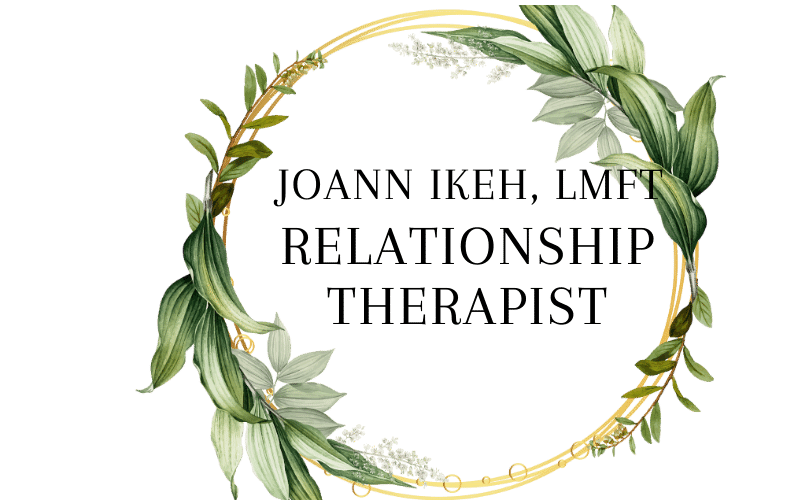How to Handle Conflict Without Destroying the Relationship
Conflict is a natural part of any relationship—even the healthiest couples don’t always see eye to eye. But when disagreements aren’t handled well, they can create emotional distance, resentment, or even lead to a breakup. The good news? You can learn how to handle conflict in a relationship without damaging your connection.
Whether you're dating, engaged, or married, understanding how to navigate conflict in healthy ways is crucial for lasting intimacy. Here’s how to resolve relationship conflict while strengthening your bond instead of breaking it.
1. Shift the Goal From Winning to Understanding
When conflict arises, it’s tempting to focus on proving your point or “winning” the argument. But in a healthy relationship, the goal isn’t to win—it’s to understand each other.
Try saying:
“Help me understand where you’re coming from.”
“I want to hear what you’re feeling, even if I don’t agree yet.”
Emotional safety is foundational for successful conflict resolution. It allows both partners to speak openly without fear of judgment or retaliation.
2. Use “I” Statements Instead of Blame
Instead of saying, “You never listen to me,” try: “I feel unheard when I’m talking and the TV is on.”
“I” statements focus on your experience rather than accusing your partner, which lowers defensiveness and opens the door for meaningful dialogue.
This simple shift is a cornerstone of healthy communication in relationships—especially during conflict.
3. Take Breaks When Things Get Heated
When emotions run high, it's okay to hit pause. If your nervous system is overwhelmed, your ability to communicate clearly is compromised.
Agree on a time to return to the conversation after a short break. Use that time to self-soothe—deep breathing, taking a walk, journaling—so you can re-engage with more clarity and compassion.
In couples therapy, this is often called a “timeout for connection.”
4. Focus on Repair, Not Perfection
Every couple argues. What separates healthy couples from toxic ones is how they repair after conflict. Apologies, affection, and affirming your care for each other matter just as much as the resolution itself.
Ask:
“What can I do to help you feel safe again?”
“Is there something I missed that you still need me to hear?”
These types of questions help restore trust and create emotional intimacy after disagreements.
5. Know When to Get Support
If you feel stuck in recurring arguments or your relationship feels emotionally unsafe, it may be time to seek help. Couples therapy can provide tools to break unhealthy patterns, improve communication, and rebuild connection.
Working with a therapist who specializes in relationship conflict resolution can help you identify the root of your patterns and create lasting change.
Conflict Doesn’t Have to Be Destructive
Conflict is not a sign your relationship is failing—it’s a sign that you both care and are trying to connect. With the right tools and mindset, conflict can become a pathway to deeper understanding and emotional growth.
If you're struggling to handle conflict in a healthy way, you're not alone. Therapy can help you and your partner learn to communicate more effectively and grow stronger together.
Looking for Support?
I specialize in helping couples navigate relationship conflict with compassion and clarity. If you’re ready to break out of unhealthy cycles and build a more connected partnership, reach out today to schedule a consultation.



